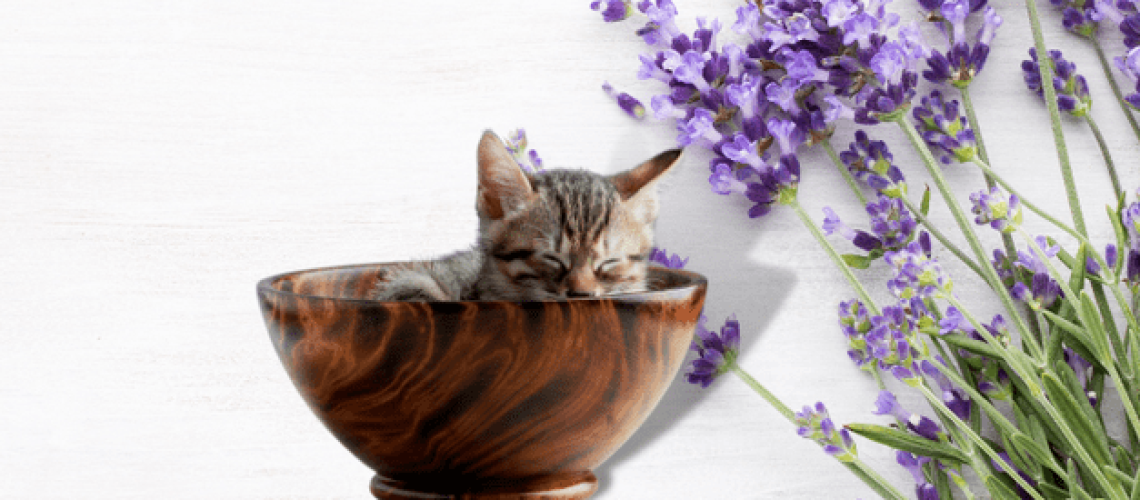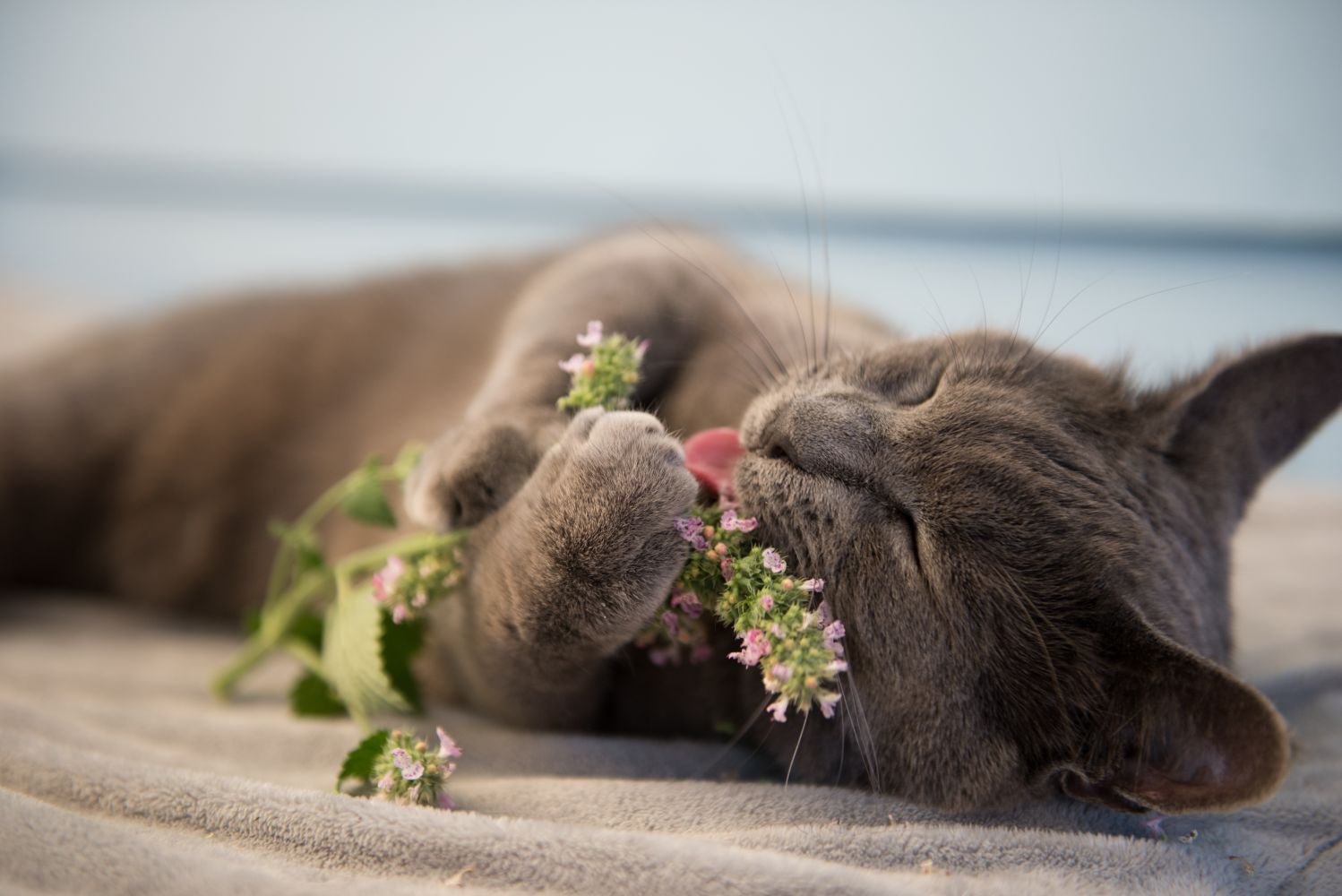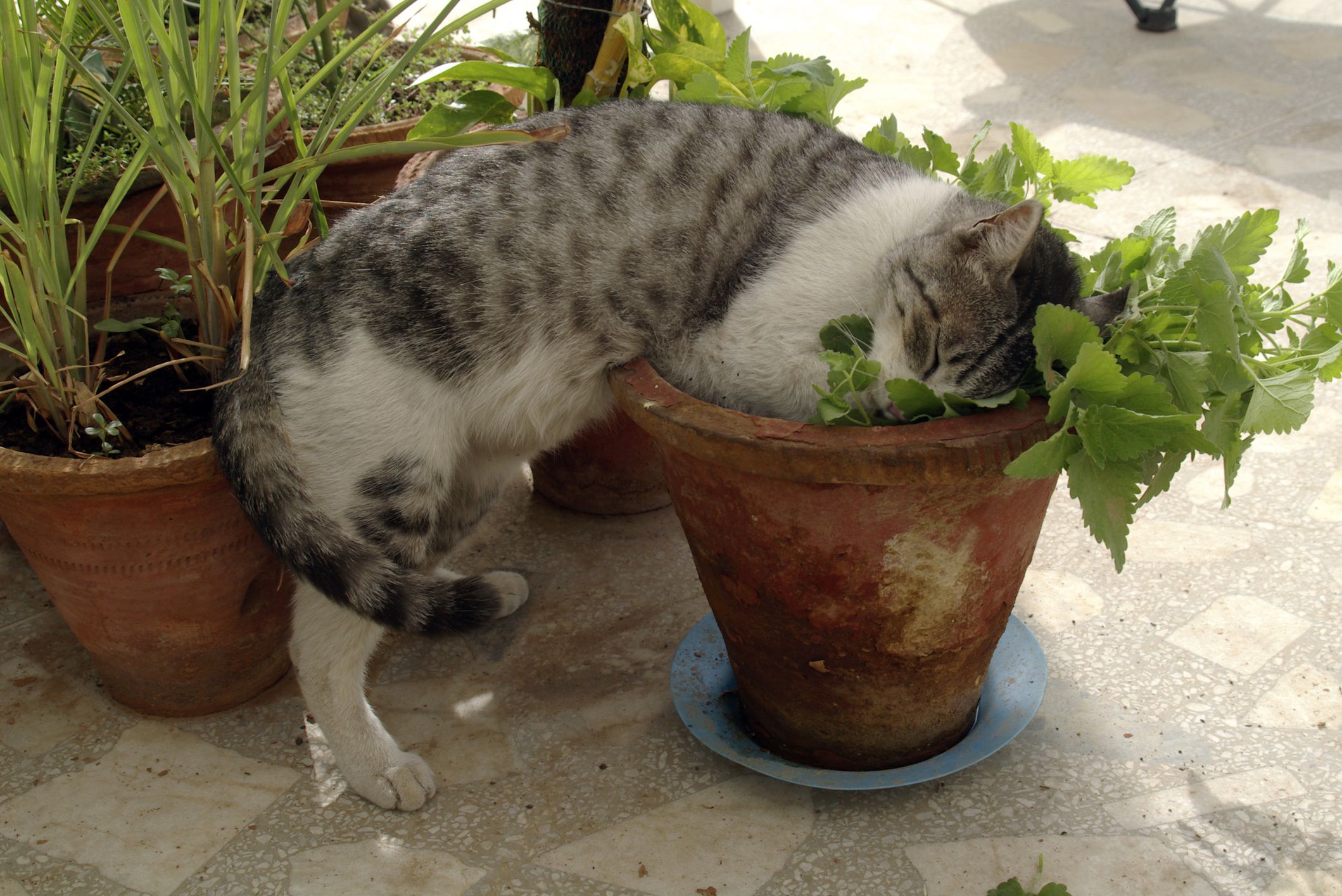Key Takeaways:
- Lavender can be toxic to cats and should be used with caution.
- Cats have a heightened sense of smell, so the strong scent of lavender may be overwhelming for them.
- Some cats may have an allergic reaction to lavender, resulting in skin irritation or respiratory issues.
- It is important to consult with a veterinarian before using any lavender products around cats.
- There are alternative cat-safe options, such as catnip or valerian root, that can provide similar calming effects without the potential risks associated with lavender.
Are you a cat lover who also enjoys the calming scent of lavender? If so, you're in for a treat! In this article, we'll explore whether lavender and cats make a safe combination or not. But why should you even bother delving into this subject? Well, imagine being able to create a soothing environment for your feline friend while enjoying the benefits of lavender yourself. Understanding the potential risks or benefits of using lavender around cats is essential for their well-being and your peace of mind. So, let's dive into this intriguing topic and uncover the truth behind the lavender-cat combo. Get ready to discover a whole new world of relaxation and harmony with your furry companion!
What is Lavender and Why is it Used?
Lavender is a type of flowering plant that is known for its beautiful purple flowers and calming scent. It has been used for centuries in different cultures for its various properties. Lavender is commonly used in aromatherapy, which is a practice that uses scents to promote relaxation and well-being.
The scent of lavender has been found to have a calming effect on the mind and body. It can help reduce stress, anxiety, and even improve sleep quality. Lavender is also used in skincare products like soaps, lotions, and essential oils because it has soothing properties that can help with skin irritation or inflammation.
Benefits of Lavender:
- Promotes relaxation
- Reduces stress and anxiety
- Improves sleep quality
- Soothes skin irritation or inflammation
Fun Fact:
The word "lavender" comes from the Latin word "lavare," which means "to wash." This is because lavender was often used in ancient Rome to scent bathwater.
Can Cats be Affected by the Smell of Lavender?
Cats have a very strong sense of smell, much stronger than humans. While lavender may smell pleasant to us, it can actually be overwhelming or irritating to cats. The smell of lavender can be too intense for their sensitive noses.
Cats also have different preferences when it comes to smells compared to humans. What we find pleasing may not be enjoyable for them. Some cats may even find the smell of lavender offensive or unpleasant.
Sensitivity of Cat's Sense of Smell:
- Cats have a sense of smell that is 14 times stronger than humans.
- Their noses contain up to 200 million scent receptors, while humans only have around 5 million.
Fun Fact:
Cats use their sense of smell not only to detect scents but also to communicate with other cats. They have a special organ called the Jacobson's organ, located in the roof of their mouth, which helps them analyze and process different smells.
Potential Risks and Dangers of Lavender for Cats
While lavender itself is not toxic to cats, it can still cause some adverse effects if they are exposed to it in large amounts or if they have a sensitivity to the scent. Some potential risks and dangers of lavender for cats include:
Possible Risks:
- Allergic reactions: Cats can be allergic to lavender, just like humans can be allergic to certain substances. Signs of an allergic reaction may include itching, sneezing, coughing, or difficulty breathing.
- Gastrointestinal upset: Ingesting large amounts of lavender can lead to digestive issues in cats such as vomiting or diarrhea.
Tip:
If you suspect your cat has ingested lavender or is showing signs of an adverse reaction, it's important to contact your veterinarian for guidance and assistance.
How Does Lavender Affect a Cat's Behavior and Health?
Lavender can potentially affect a cat's behavior and health due to its strong scent. Some cats may become agitated or stressed when exposed to the smell of lavender. This can manifest in behaviors such as excessive meowing, hiding, or aggression.
In terms of health, cats with respiratory issues or asthma may be more sensitive to the scent of lavender. It can irritate their airways and worsen their symptoms. Additionally, if a cat ingests lavender in large amounts, it can lead to digestive problems and discomfort.
Effects on Behavior:
- Agitation
- Stress
- Excessive meowing
- Hiding
- Aggression
Fun Fact:
Cats have a highly developed sense of hearing as well. They can hear sounds at frequencies that are much higher than what humans can detect.
Safe Ways to Use Lavender Around Cats
If you still want to use lavender products in your home while ensuring the safety and comfort of your cat, there are some precautions you can take:
Tips for Using Lavender Safely:
- Avoid direct contact: Keep lavender products away from areas where your cat spends a lot of time, such as their bedding or favorite spots.
- Dilute essential oils: If using lavender essential oil, always dilute it properly according to the instructions and avoid applying it directly to your cat's fur or skin.
- Observe your cat's behavior: Pay attention to how your cat reacts when exposed to lavender. If they show signs of discomfort or stress, it's best to avoid using it around them.
Tip:
If you're unsure about whether certain lavender products are safe for your cat, consult with your veterinarian for personalized advice.
Alternative Scents that are Safe for Cats if Lavender isn't Recommended
If lavender is not recommended for use around your cat, there are other scents that are generally safe and enjoyable for cats:
Safe Scents for Cats:
- Chamomile: Known for its calming properties, chamomile can be a soothing scent for cats.
- Valerian: Valerian root has a strong smell that some cats find appealing and can have a calming effect.
- Honeysuckle: The scent of honeysuckle can be enticing to cats and may help stimulate playfulness.
Fun Fact:
Cats have a specialized scent organ called the vomeronasal organ (VNO), also known as the Jacobson's organ. It allows them to detect pheromones and other chemical signals in their environment.
Consulting with a Veterinarian Before Using Lavender Products around Cats
If you're considering using lavender products around your cat but have concerns about their safety or potential effects, it's always best to consult with your veterinarian. They can provide personalized advice based on your cat's specific needs and health conditions. Your veterinarian will be able to guide you on whether lavender is suitable for your cat or recommend alternative options that are safe and enjoyable for both you and your feline friend.
Benefits of Consulting with a Veterinarian:
- Expert guidance tailored to your cat's individual needs
- Peace of mind knowing you're making informed decisions about your cat's well-being
- Potential identification of any underlying health issues that may affect their sensitivity to certain scents
Tip:
Your veterinarian is your best resource for accurate and reliable information regarding the safety of lavender products for your cat. Don't hesitate to reach out to them with any concerns or questions you may have.
In conclusion, it is best to keep lavender away from cats as it can be harmful to them. It's always important to prioritize the safety and well-being of our furry friends.
Is it okay for cats to be around lavender?
The ASPCA warns that lavender plants are harmful to cats, dogs, and horses. Cats specifically cannot process two natural substances found in lavender, linalool and linalyl acetate.
Is lavender essential oil toxic to cats and dogs?
Lavender contains a chemical compound known as Linalool, which can be harmful to both cats and dogs. As a result, it is not recommended to use lavender or its essential oil on the skin of cats or dogs.
Is lavender and rosemary safe for cats?
Essential oils are frequently utilized in aromatherapy, but it is important to note that certain oils can be harmful to cats. Examples of these oils include clove, eucalyptus, lavender, lemongrass, rosemary, and sandalwood.
Do cats hate the smell of lavender oil?
Cats are generally sensitive to smells, but there are some surprising scents that they particularly dislike. They have a strong aversion to citrus and despite humans' fondness for the scent of fresh herbs, cats dislike rosemary and thyme. Additionally, they do not like the smells of banana, mustard, lavender, and eucalyptus.
Is lavender safe for pets?
Lavender has a compound called linalool that can be harmful to pets, particularly dogs. Although dogs are less likely to be affected by linalool toxicity compared to cats, they can still be poisoned if they consume a significant amount of lavender from the plant or essential oils.
Do cats prefer scented or unscented litter?
Therefore, it is highly probable that your cat will prefer a clumping clay litter that is unscented and made of fine particles. The good news is that there are plenty of options available in the market. Now that you have an understanding of what is likely to make your cat content, you can also take into consideration the qualities in a litter that will satisfy your preferences.

















